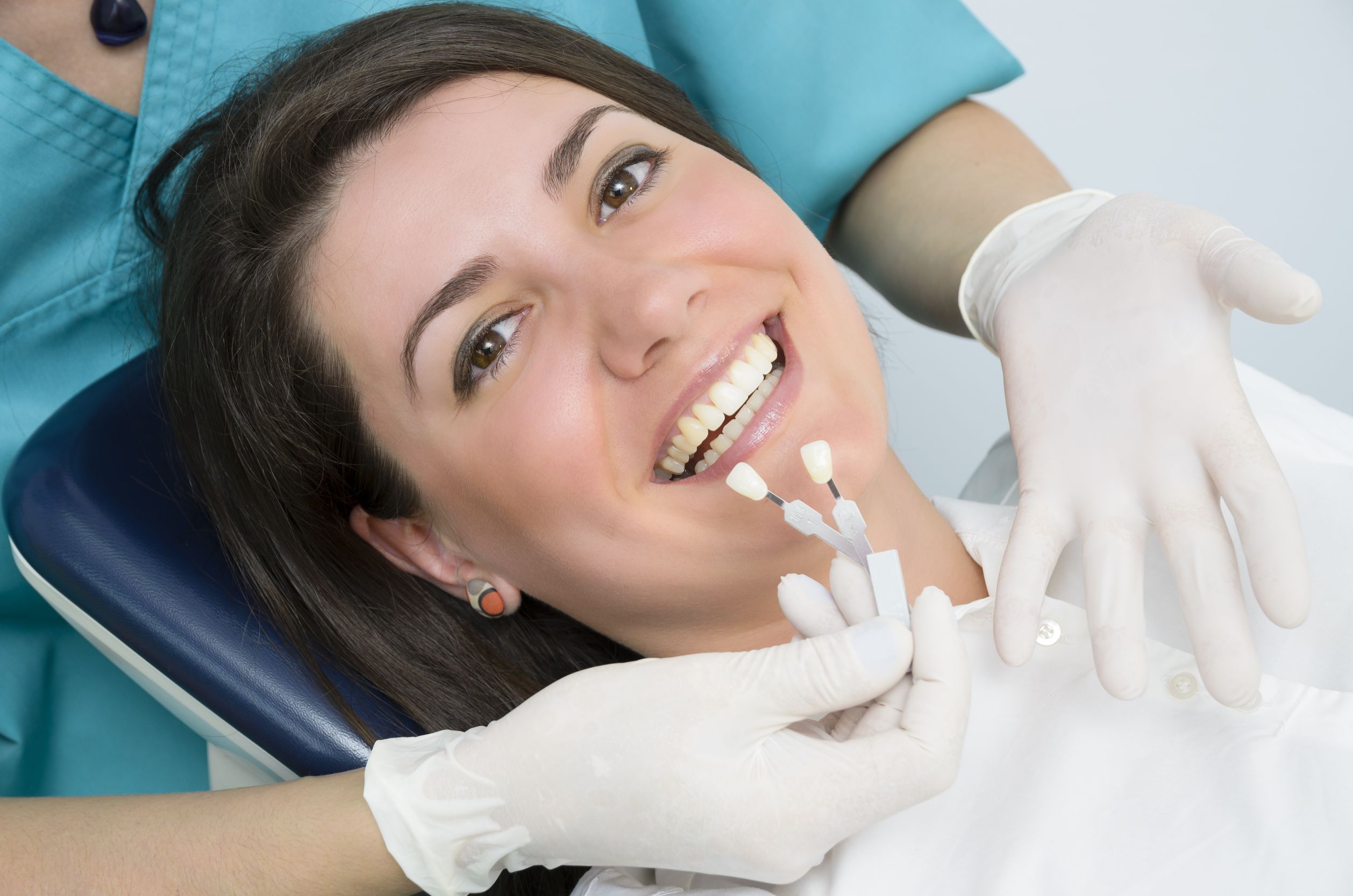If you are missing one or multiple teeth and do not have dentures or a bridge installed, you might want to ask your dentist if dental implants in Manassa would benefit you. These provide a natural solution, more so than dentures do because they are artificial teeth which are attached openly to the jawbone. For you to receive implants, one needs to be healthy (except for the missing teeth) and needs to have a healthy and fully developed jaw. This means that your gums and jaw should be healthy enough to accommodate the surgery and the implants.
If you are healthy and the dentist determines that you are a good candidate to receive implants, they will plan the surgery. The dental professional performs this procedure under local or general anesthesia in the office or hospital, depending on the specific needs of your oral health and the importance of surgery. Implants are not, however, a great choice for everyone. Women who are pregnant and those who suffer from chronic diseases or immunosuppression issues are not advised to undergo surgery.
Children (because their jaws are not fully developed) and those who have problems clencing or grinding their teeth (bruxism) are not great candidates to receive dental implants either. Remember this type of surgery takes several hours. In fact, it may take more than a single procedure to complete the procedure. With that being said, if you are at risk of developing an infection, you would do well not to choose an implant. Undergoing a procedure of this type and ignoring these tips could be life-threatening.
Statistics show that almost 70% of North American adults aged 34 to 45 have lost one tooth or more due to tooth decay, gum disease, accident or tooth fracture. It is not necessary to spend a lifetime with missing teeth. With the increase in ongoing dental technology, dental implants and other procedures are becoming a viable and cost-effective way to bring back a healthy smile. If you are healthy and you have chosen to go with dental implants in Manassa, make sure you follow the dentist’s instructions on oral hygiene, including brushing your teeth twice a day and flossing daily.



